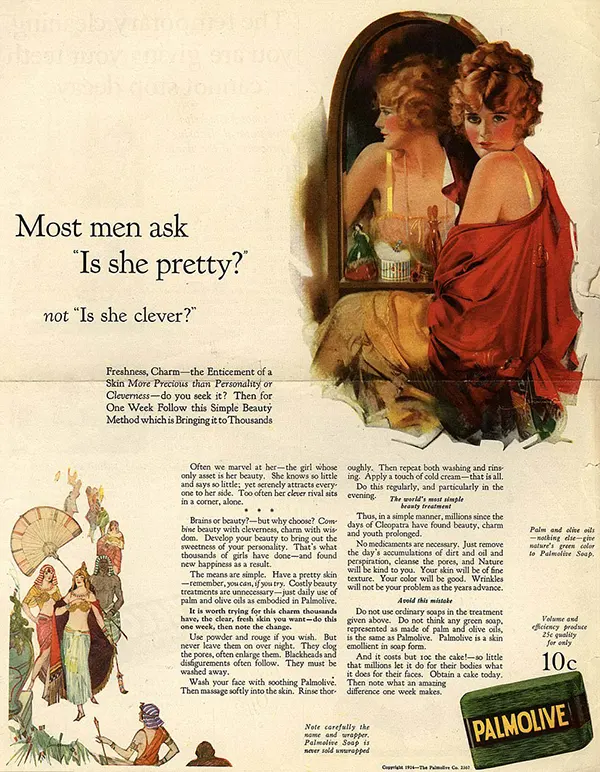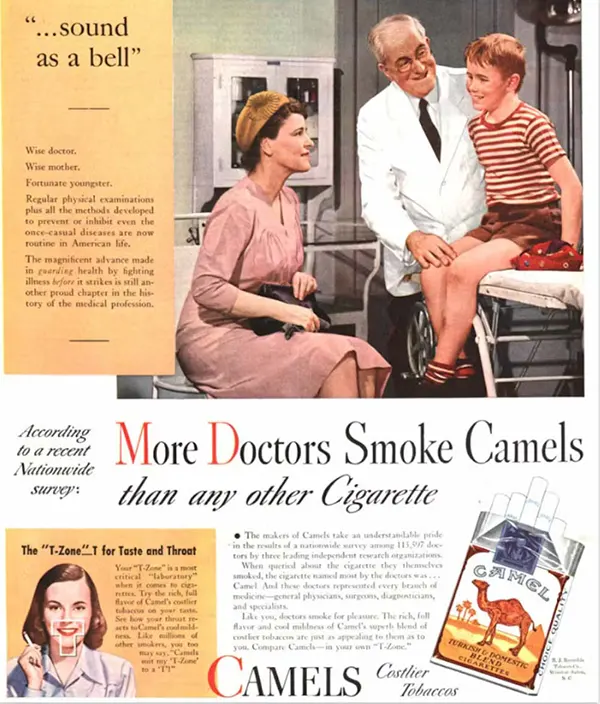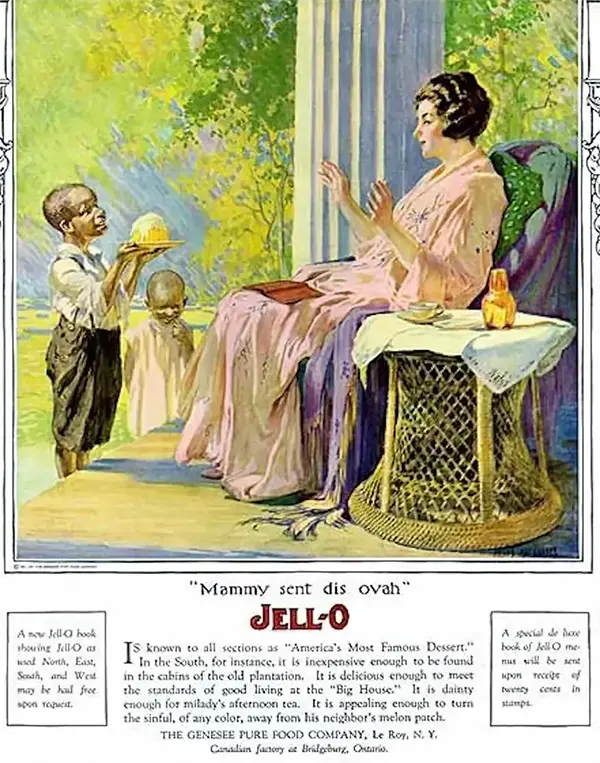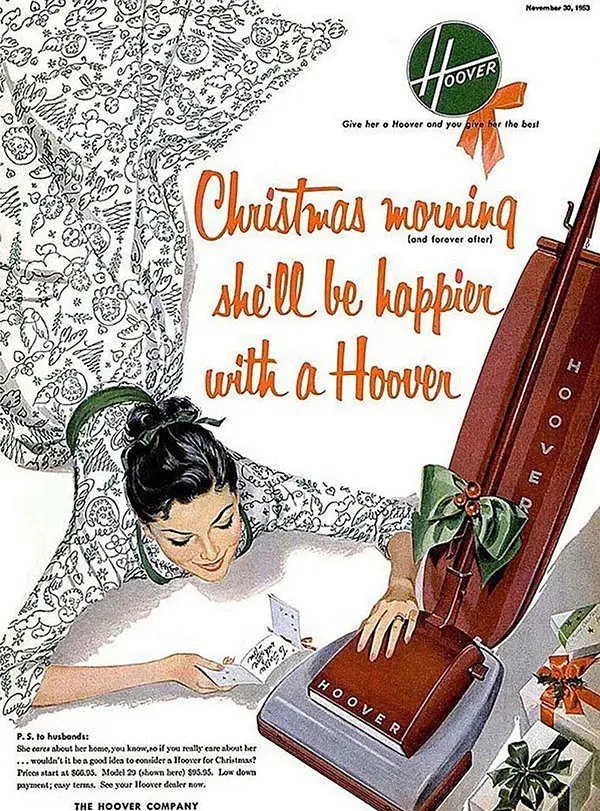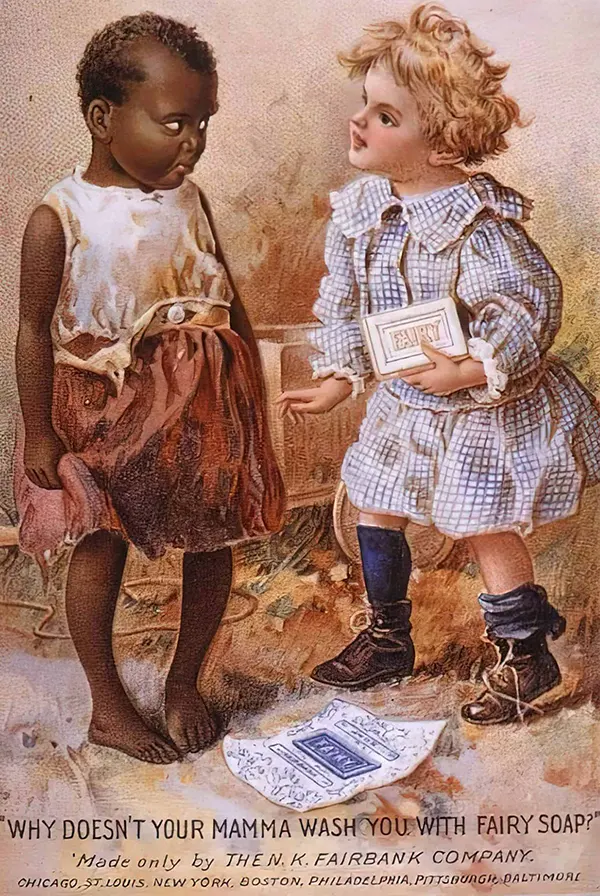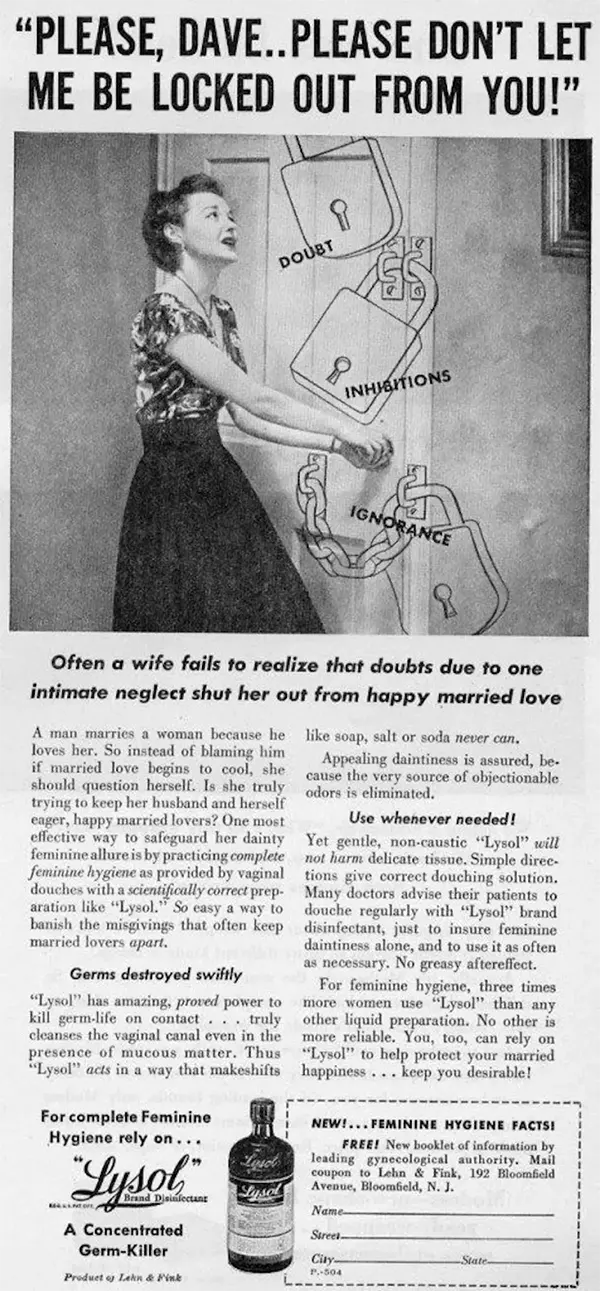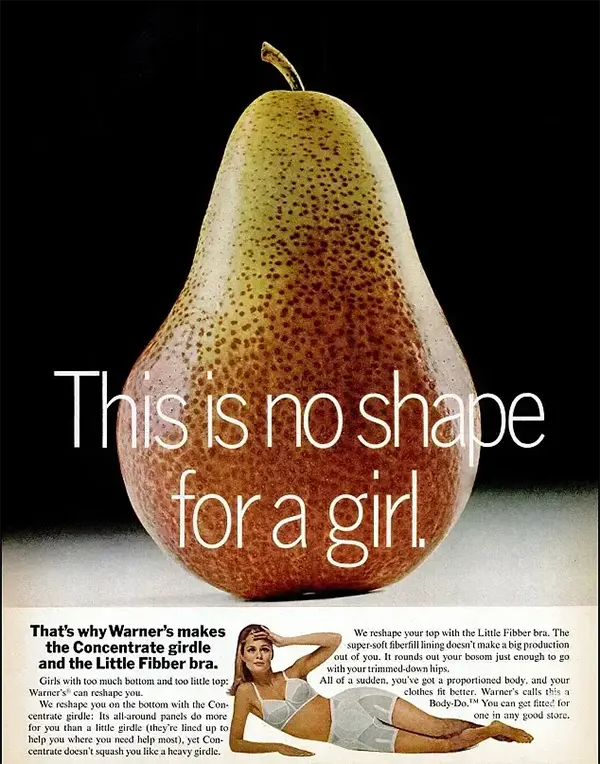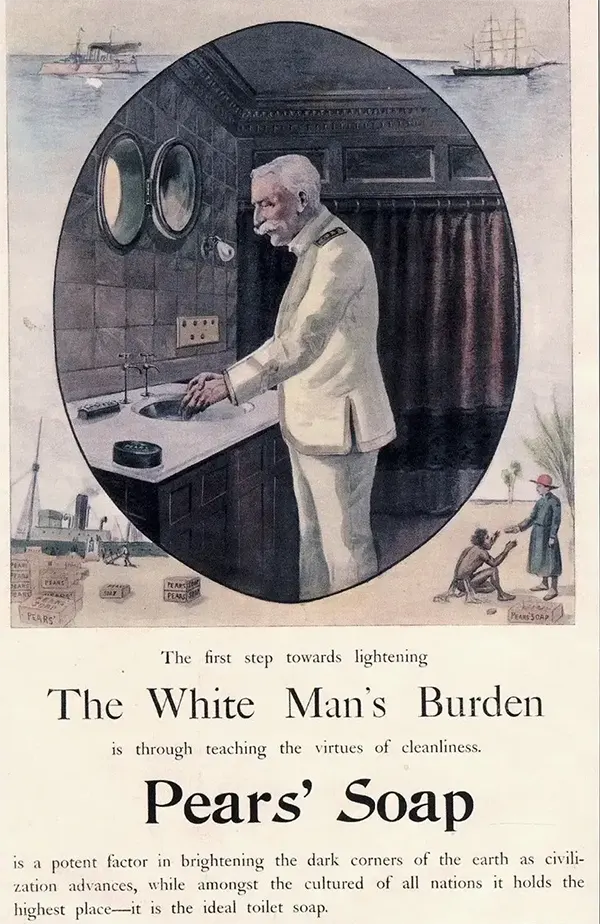However, when we cast our gaze back to the advertising of the mid-20th century, we’re confronted with a startling reality: companies could, and did, engage in marketing practices that would be met with resounding condemnation in the present day. During an era that preceded the Civil Rights movement, some of the most prominent brands of the time, including household names like Kellogg’s, employed shockingly sexist slogans as part of their marketing campaigns. One particularly egregious example was Kellogg’s infamous tagline, “The Harder A Wife Works, The Cuter She Looks.” In addition to the deeply problematic sexism in advertising, this era was also marred by the presence of overtly racist ads that shamelessly perpetuated racial stereotypes and discrimination. These ads endorsed products with offensive names and imagery, such as the use of caricatures that perpetuated harmful racial biases. Beyond issues of sexism, advertisers of the 20th century often embraced pseudoscience that, in hindsight, appears nothing short of ludicrous. For instance, the marketing strategy employed by 7-Up advised mothers to incorporate soda into their infants’ milk, based on questionable health claims. Another example, Camel cigarettes were boldly promoted as “the doctor’s favorite brand,” a statement that, by today’s standards, is a disturbing reminder of how far our understanding of health hazards has evolved.
Palmolive ad from the 1920s
Doctors smoking Camels
The “More Doctors Smoke Camels” ad campaign was a marketing strategy used by the R.J. Reynolds Tobacco Company to promote Camel cigarettes during the mid-20th century, particularly in the late 1940s and early 1950s. These ads typically featured statements like “More Doctors Smoke Camels than any other cigarette” or “Doctors recommend Camels to their patients.” These advertisements attempted to lend an aura of credibility and authority to Camel cigarettes by suggesting that medical professionals preferred them over other brands. The implication was that if doctors trusted and smoked Camels, then they must be safe or even beneficial to health.
Jello ad from the 1920s
Kellogg’s ad from the 1930s
7-Up ad from 1950s
Babies in ads for cigarettes
Can you afford not to smoke?
Van Heusen ad from 1950s
Hoover ad from the 1960s
Baby Soft ad from 1970s
Old Gold Ad
Here’s a racist ad
Lysol sexist ad
Jade East and lack of consent
Warner’s ad from 1967
Tab ad from 1969
Pear ad from 1900s
(Photo credit: Pinterest / Wikimedia Commons). Notify me of new posts by email.
Δ Subscribe

